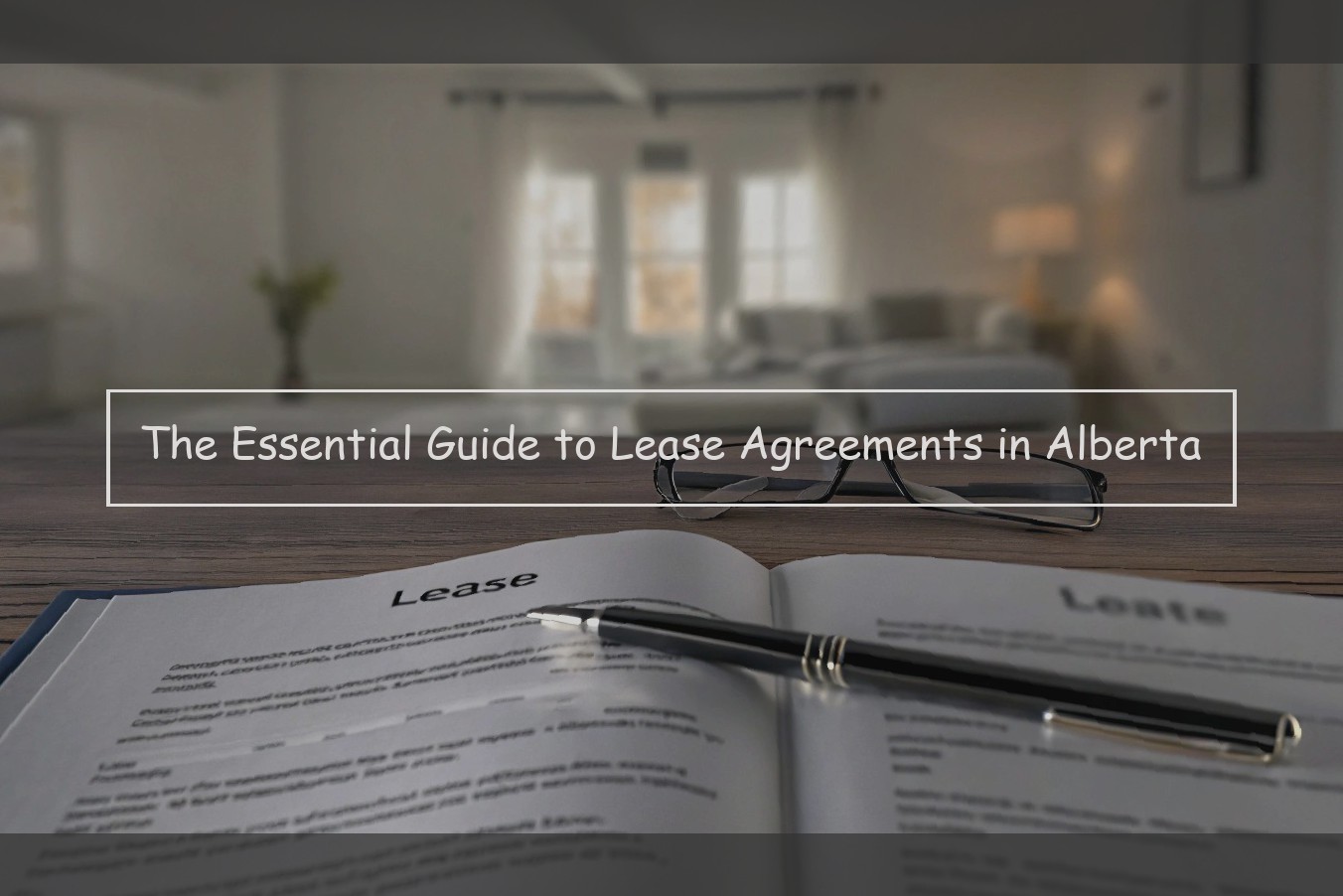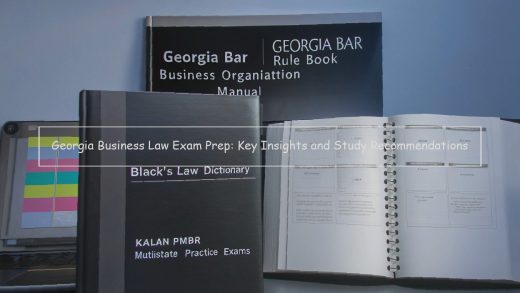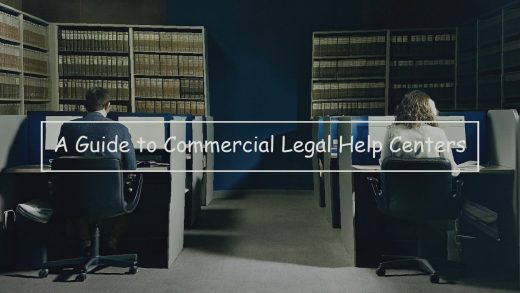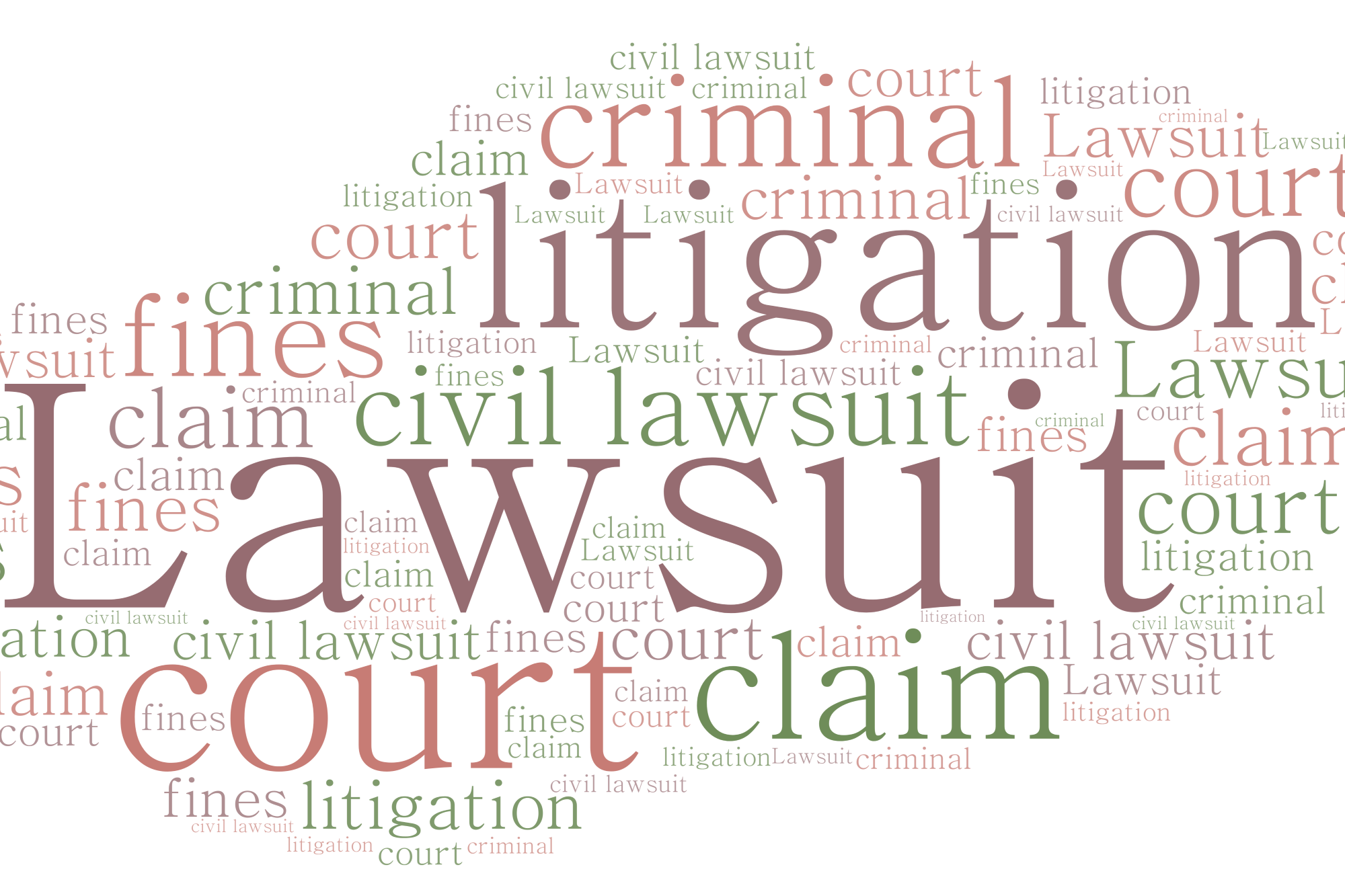All About Lease Agreements
Lease Agreements in Alberta: A Comprehensive Overview
For many properties, whether it be an apartment or commercial space, a lease agreement is required to occupy the land in Alberta. The document is designed as a contract between a landlord and tenant within the province that provides protections for both parties.
It is critical that you have a comprehensive understanding of what a lease agreement is, how it works , and what the consequences are for breaking the agreement or failing to comply with the rules under the Residential Tenancies Act.
What you will learn about lease agreements in Alberta:
Lease agreements, also referred to as rental agreements or tenancy agreements, will generally fall under one of the two types of tenancies available under the Residential Tenancies Act:
Written leases are frequently used for residential and commercial arrangements, but they are not necessarily required by law.
Electronic leases, or e-leases, also exist today for remote lease signing.

Crucial Parts of a Lease Agreement in Alberta
To provide clarity and avoid any future misunderstandings and disputes, the following essential components should be included:
Tenant Information: The lease should contain the full legal name of each individual who will be residing at the premises. This not only includes the individual who is planning to move into the unit but also their dependents, their children, and any other individuals who may use the unit (subject to the landlord’s consent). It is advisable to exclude any visitors such as friends, or relatives that are not residing at the premises.
Landlord Information: The landlord of a residential lease must be an individual above the age of 18, 19 or the age of majority under the applicable legislation (dependant on where the residence is) in order to enter into a residential tenancy agreement. Individuals under the age of 18, 19 or the age of majority under the applicable legislation are prohibited from entering into a residential tenancy agreement. Accordingly, any agreement entered into with these individuals is void and should be avoided. Where the landlord is a company, the agreement should be signed by the individual authorized to bind the corporation.
Property Information: The address of the subject unit must be inserted into the agreement. In addition, the unit must be described to identify which unit is being rented. This is most often done by referencing the description in the residential tenancy agreement. Such a reference may be in the form of "Apartment 123" or "Hall A, Room 9" etc.
In addition, either party may include other details such as:
Rent Payment Terms: The terms around the rent payment schedule and deposit terms should also be included in the residential tenancy agreement.
The rental amount must be disclosed and it must also state when the same is to be paid. The timing can be on a weekly, bi-weekly, monthly or at another interval that is mutually beneficial to the parties. Rent is usually due on the first of the month and is payable by pre-authorized debit, cash, direct deposit, or cheque. Landlords also often charge a late fee for overdue rent. While there is no statutory limit in Alberta, the Alberta Court of Appeal upholds late fees as long as they are considered a genuine pre-estimate of damages on the part of the landlord.
Most landlords also require an initial deposit from the tenant as a condition to entering into the agreement. The amount of deposit varies depending on the rental terms and conditions. For example, in the case of a single family house being rented on a month to month basis, the deposit is usually $500. However, for shorter terms the damage deposit may range from $200.00 to $600.00. The landlord is required to provide the tenant with a receipt from the bank where the deposit is being held. The terms of the refund of the deposit should also be included in the tenancy agreement. If there is any damage caused by the tenant, the amount of damage can be deducted from the deposit, without notice to the tenant. The remaining balance can be refunded to the tenant within 10 days.
Legal Mandates Under Alberta Legislation
The law pertaining to lease agreements in the province of Alberta is governed by the Residential Tenancies Act, SA 2004, c. R-17.22 (the "Act"). This statute is not intended to provide a comprehensive overview of the legal requirements of a lease in Alberta but is a good starting point.
The Act sets out the obligations and legal rights of landlords and tenants. Rental agreements (lease agreements for terms greater than 5 months) are required to be in written form and contain the following mandatory provisions:
Inspection Reports
Lease agreements must include a condition inspection report (a listing of all defects, damage, missing items etc. in the unit) that is signed by a landlord, a tenant and the witnesses to the signature. If there is a dispute over damage to the residential premises, the Act requires that the landlord or tenant provide a copy of this report to the residential tenancy dispute resolution service when making an application.
Landlord Obligations
Under the Act, there are a number of obligations that a landlord must follow or risk having a claim made for damages. These are:
Additional Legal Requirements
In addition to the Act, a landlord and tenant of commercial premises must comply with the Alberta Personal Information Protection Act, SA 2003, c. P-6.5, as well as municipal bylaws, including land use bylaws and other legislation including the Municipal Government Act, RSA 2000, c. M-26, Business Licensing bylaws and the Land Titles Act, RSA 2000, c. L-4. If there is a condo board on the property, there are additional requirements under The Condominium Property Act, RSA 2000, c. C-22.
Non-Compliance with Lease Agreement
If a tenant fails to adhere to the lease (e.g. not paying rent, smoking, subletting without permission, illegal activity, not getting consent to have a pet, etc.), the landlord may apply to terminate the lease. If a breach of a legal requirement of the Act is occurring or is likely to occur, then a party may apply to the residential tenancies dispute resolution service for an order to require the parties to adhere to the lease.
Categories of Lease Agreements
There are several different types of lease agreements that can govern the relationship between a landlord and a tenant.
Fixed-term lease
This is the most common type of lease. It is an agreement for a set period of time, usually one year, but could be for any length of time. A tenant and landlord can agree to renew the lease for another fixed term.
Periodic lease
A periodic lease is for a specific period of time each month (e.g., one month or two months). A periodic lease continues until one of the parties gives notice to the other to terminate the lease. Most leases that are one year or less are periodic leases.
Renewal of lease
A lease renewal is similar to a new lease. It is governed by The Residential Tenancies Act and the amendments made in 2015, including the new rules for an automatic renewal. If there are disputes over the renewal, the tenant can bring an application to the Residential Tenancy Dispute Resolution Service (RTDRS). If the dispute is over rent increases, the tenant should apply to the local RTDRS according to the rules set out in The Residential Tenancies (Tenants’ Property Security Procedures) Regulations. The right to renew the lease depends on the terms and conditions of lease, and if either party does not perform their obligations under the lease (e.g., pays the rent) the other is not obligated to renew. Be aware that the right to renew might be specifically stated or be inferred from the conduct of the parties.
Frequent Terms and Provisions
Lease agreements in Alberta tend to be quite similar, despite differing language due to each landlord’s personal preferences. Most of them, however, tend to include the following clauses and conditions:
Pet policy: While no law prevents landlords from including an explicit clause about pets, tenants can request a pet-free environment during the initial rental negotiations and those requests must be honored.
Repair policy: Similarly, landlords in Alberta are legally required to undertake repairs to ensure the health and safety of their tenant. However , outside of emergency issues, they can choose to make maintenance and repair of non-essential aspects of the home the tenant’s responsibility.
Subletting: To sublet is to rent out a property that one is currently renting. There is no more important rule on this subject than "no subletting without the landlord’s permission." Tenants who wish to sublet must receive written permission from their landlord before renting out a room, home, suite, or apartment, or else risk having their lease voided.
Modifying Lease Agreements
The Residential Tenancies Act (RTA) establishes certain ground rules for the duration of a fixed term lease. For example, unless the tenant and landlord have authorized in writing an action which is in contravention of the RTA, no lease shall be amended or renewed by an unauthorized person. In addition, any amendment to the fixed term must be made in writing.
Where such an action is authorized, however, the law allows tenants and landlords to vary any term of the lease. This means that during the term of the lease, the parties can agree to changes such as extending the date by which the rent shall be paid, increasing the rent, or varying the services and facilities provided. However, the landlord cannot increase the rent until the 12-month period identified in an advance rent increase notice has expired.
Although the RTA establishes that the tenant and landlord may modify the agreement, any such modification must satisfy the requirements for altering a lease contained in the document itself. The parties must satisfy the formalities of the contract itself, such as requiring the consent of the other party, or that subsequent amendments must be in writing. In this regard, the RTA defines "subsequent" amendments as those that are made after the commencement of the lease. It therefore follows that the passage of time can contribute to alterations to some terms in the lease under common law, but any changes to establishment terms must be carried out in accordance with the terms set in the lease.
Any alterations that are authorized either by force of law or agreement are not effective unless the tenant has been provided with a copy of the modified lease.
Addressing Conflicts
Disputes are very common in any type of agreement, including those surrounding the leasing of property. While some disputes are of a minor nature, others can be so serious that they affect a party’s ability to continue their normal operations. It is important that, as part of their leasing agreement, both parties have in mind a method for quickly resolving any disputes that arise. Normally there are a number of ways to come to a resolution, starting with informal contact between the parties. Often, if the problem can be identified early on, it can be remedied before it has a significant impact on either party. More serious disputes should be dealt with directly after they have been identified, and both the lessor and lessee should make every effort to solve the problem between themselves. In many cases something as simple as an agreement for the responsible party to perform a certain action, or for the cooperative party to compensate them will resolve the situation. If the parties to a dispute are unable to come to an agreement between themselves, mediation and arbitration are also worthwhile alternatives to litigation. In many cases this type of approach can result in a resolution that is agreeable to both parties, without the need for the intervention of the courts. This can be especially important when one or more of the parties is a corporation, as the issue may involve their operations and be vital to preventing additional damage to the business. If all else fails, the courts in Alberta are available to resolve complicated allegations. Once a matter has been put into the courts, however, there is no guarantee that the outcome will be favourable to either party, nor that the matter can soon be resolved. Furthermore, costs associated with litigation can be significant. However, the courts can also provide an expeditious route to a clear resolution of the problem for those parties for whom such an issue is time sensitive.
Advice for Tenants and Landlords
When it comes to negotiating a lease agreement, the Tenant often has more leeway than they may think. Don’t be afraid to ask for things such as: It’s important when addressing these issues to remember that the agreement is one which both parties must agree to or the lease will be void, even if a Tenant and Landlord have a verbal agreement for a rent-free month or for who pays which utilities. A simple catch-all clause stating the above as well as any other issues you may come up with will suffice to ensure that you’re both on the same page. Make sure you understand Lessee and Lessor’s obligations as regards utilities, cleaning, upkeep of property and that you are able to fulfill them. The obligations of the parties are divided into tenant’s and landlord’s obligations. Also, remember that you cannot make any changes to the property without the consent of the landlord – make sure you get it in writing! The most important part of any lease agreement is paying the rent on time – otherwise you run the risk of being issued an eviction notice. Always talk to your landlord about this , especially if you are late for any reason. Having a clause be written in which allows for a one-time late fee with a grace period (usually up until the following rental payment) is also a good idea, as this will save you embarrassment if something needs immediate attention but finances are tight that quarter. Remember that your landlord may be a small business owner like yourself, and may not have the resources to deal with unpaid rent or rent that arrives only after they’ve followed up with you. Make it easy on both of you and always pay rent on time, and your landlord will appreciate you more. Lastly, keep communication open and honest and be courteous at all times. You can never go wrong by giving your landlord an explanation beforehand if repairs are going to take longer than expected or if you need to miss a rent payment. We’re all human and everyone has lives outside of their career, so keep everything in perspective – it’s just a job. If you are going to be late with your rent, withhold basic utilities or need to break the lease early because of changes in your life, make sure you contact your landlord as early as possible to let them know what the situation is. Being timely to your landlord about these events can save everyone a lot of stress and money.



